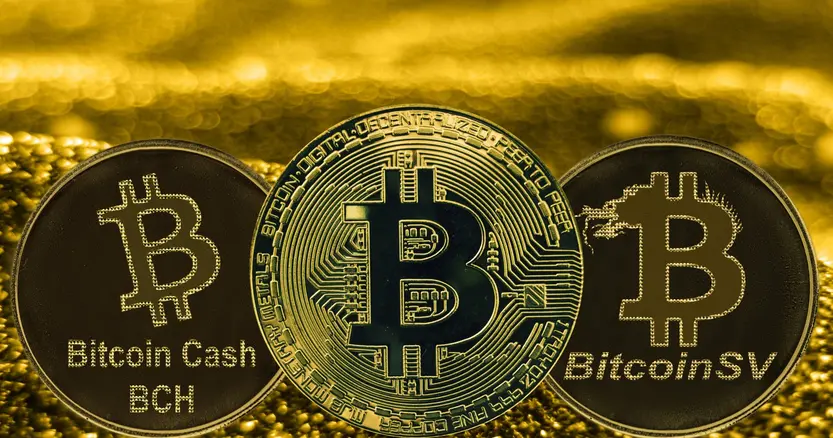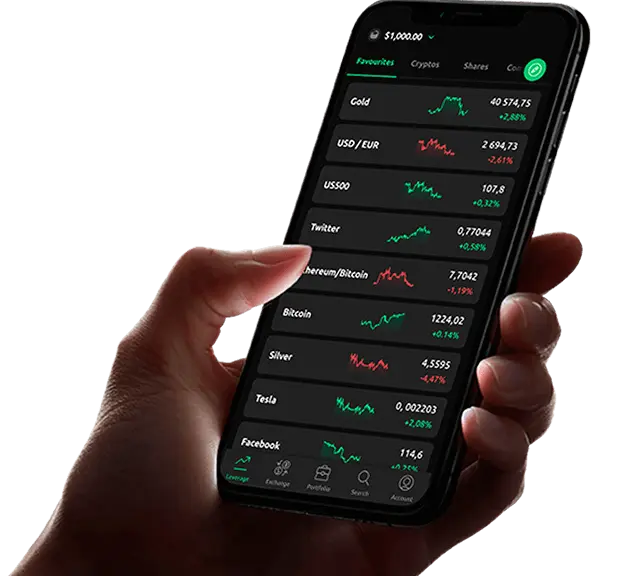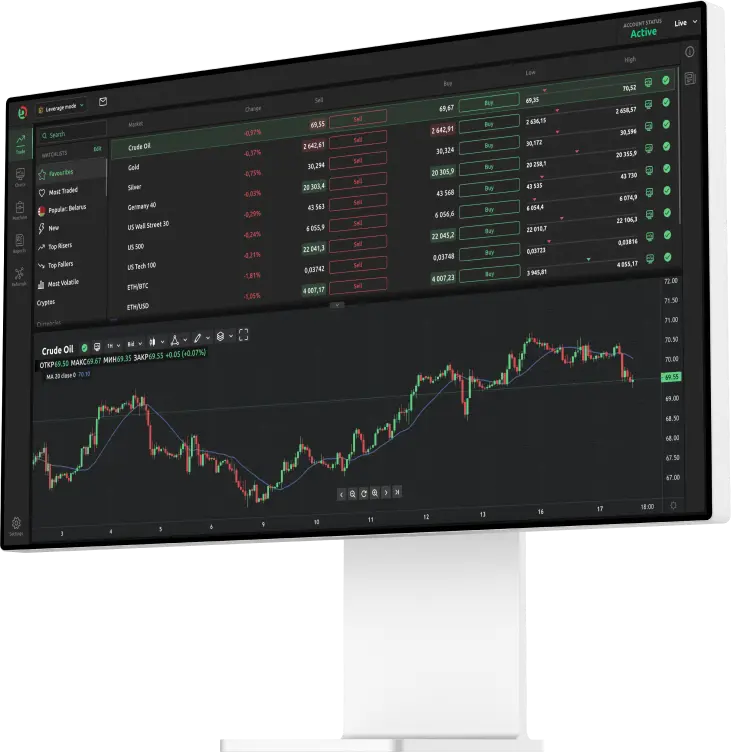Several altcoins have been forked from bitcoin, with each claiming to offer big improvements. Here’s a simple guide to bitcoin vs bitcoin cash vs bitcoin SV

Contents
- What is the difference between bitcoin and bitcoin cash?
- What is the difference between bitcoin and bitcoin SV?
- Bitcoin cash vs bitcoin SV
- BTC vs BCH vs BSV: The verdict
- FAQs
If getting your head around bitcoin was not hard enough, this cryptocurrency actually has two distant cousins: bitcoin cash and bitcoin SV. Each has unique characteristics and its own market capitalisation, and is worth different amounts.
Here, we are looking at bitcoin vs bitcoin cash vs bitcoin SV – exploring the pros and cons of each.
What is the difference between bitcoin and bitcoin cash?
Let’s start by looking at the difference between bitcoin and bitcoin cash – or BTC and BCH.
As you may know, bitcoin (BTC) first launched all the way back in January 2009 – and although it was heralded as an exciting new peer-to-peer electronic cash system that could challenge banks and the financial ecosystem as we know it, its potential pitfalls quickly started to emerge.
One of the biggest downsides was bitcoin’s scalability. The Bitcoin blockchain can only handle up to seven transactions a second because its block sizes are limited to 1MB. For crypto advocates, this was a huge concern – how on Earth was this cryptocurrency supposed to compete with the likes of Visa, which can process up to 65,000 transaction messages a second?
There was an acknowledgement that some sort of adjustment was needed, so that Bitcoin could scale and keep up with the growing demand anticipated in the years to come. But there was a lot of disagreement on what these improvements would look like – prompting a band of miners and developers to initiate a hard fork in August 2017. This was when bitcoin cash (BCH) was born.
BCH has a block size of 32MB, meaning that it can handle considerably more transactions on a daily basis (up to two million, according to some estimates). Payments can also be processed faster, thus eliminating the annoying waiting times and backlogs sometimes seen on Bitcoin’s network, and they are often a lot cheaper to complete, too. Bitcoin cash is increasingly becoming a popular payment method among retailers who accept crypto.
However, do remember that it is not all sunshine and rainbows in the bitcoin cash vs bitcoin debate. There are some concerns about the security implications of having bigger block sizes. Critics also note how BCH’s market cap is much lower than BTC’s – indicating that the coin has yet to gain widespread acceptance in the crypto community.
What is the difference between bitcoin and bitcoin SV?
Moving away from the bitcoin cash vs bitcoin debate, we now have another altcoin to worry about: bitcoin SV (the SV stands for Satoshi’s Vision, in case you are wondering).
If you thought that the developer disagreements would end after BCH forked from BTC, sadly you are wrong. Some of the technical upgrades that were proposed for the Bitcoin Cash blockchain – namely, plans to ensure transactions had a specific order within a block, and a goal to deliver smart contract functionality – did not attract universal support. This resulted in yet another hard fork, this time from the BCH blockchain.
Bitcoin cash vs bitcoin SV
So what is bitcoin SV? Well, its vow is to strictly follow Satoshi Nakamoto’s white paper for Bitcoin, which was published all the way back in October 2008.
When it comes to bitcoin vs bitcoin SV – or BCH vs BSV – a crucial difference is the block size, which at launch purported to be 128 times greater than BTC’s paltry 1MB. Bitcoin SV claims it can “replace every payment system in the world with a better user experience, a cheaper merchant cost and a safer level of security”.
Data suggests that transacting on the Bitcoin blockchain is almost 11,000 times more expensive than through trading through Bitcoin SV – and this could be a crucial deciding factor for those who want to slash their costs. But the battle of the hard forks – Bitcoin Cash vs Bitcoin SV – has been ugly at times.
Bitcoin SV’s founder is Craig Wright, an entrepreneur who has sparked controversy after repeatedly claiming that he is Satoshi Nakamoto, bitcoin’s pseudonymous inventor. He has been accused of being a fraud – and whereas BCH is available from major crypto exchanges, several platforms including Binance have taken the extraordinary step of delisting BSV altogether. In 2019, the company said bitcoin SV did not meet the high standard it expected, adding that trading pairs were being suspended to protect users.
So what is bitcoin SV’s price in relation to bitcoin? Well, there is quite a big gap. At the time of writing on 14 January, one BSV is priced at roughly $113.94 and one BTC is worth $43,063.50 – meaning it would cost almost 380 BSV coins to get your hands on a single bitcoin.
BTC vs BCH vs BSV: The verdict
Overall, you have got to wonder whether the developers who have been orchestrating all of these hard forks have considered the possibility that this will make the crypto world even more confusing and difficult to understand for everyday consumers. They all have similar names, which means it can feel at times like you need a PhD in cryptography just to get your head around the technical nuances.
Bitcoin is the biggest of the cryptocurrencies, by a country mile – and it does not seem likely that BCH or BSV will pose much of a threat to its standing. In the coming years, it will be interesting to see whether bitcoin cash and bitcoin SV are able to co-exist successfully in the crypto ecosystem, or whether one or other of them will begin to lose traction.
With more than 16,803 cryptocurrencies in existence according to CoinMarketCap – and several other digital assets attempting to offer low-cost, scalable, retail-friendly payment methods – there’s a lot of competition.
Based on what has happened over the past three years, we also cannot rule out the possibility that there will be even more hard forks from bitcoin, bitcoin cash or bitcoin SV. Although one of the benefits of decentralisation is that one party does not end up getting full control of a cryptocurrency or its blockchain, the obvious drawback is that it is usually difficult to get everyone to agree on the best course of action for making improvements.
FAQs
As of 14 January, there are 18,955,193.75 BCH coins in circulation, with a max supply of 21,000,000 (90%).
As of 14 January, there are 18,951,332.89 BSV coins in circulation, with a max supply of 21,000,000 (90%).
As of 14 January, there are 18,929,006 BTC coins in circulation, with a max supply of 21,000,000 (90%).

